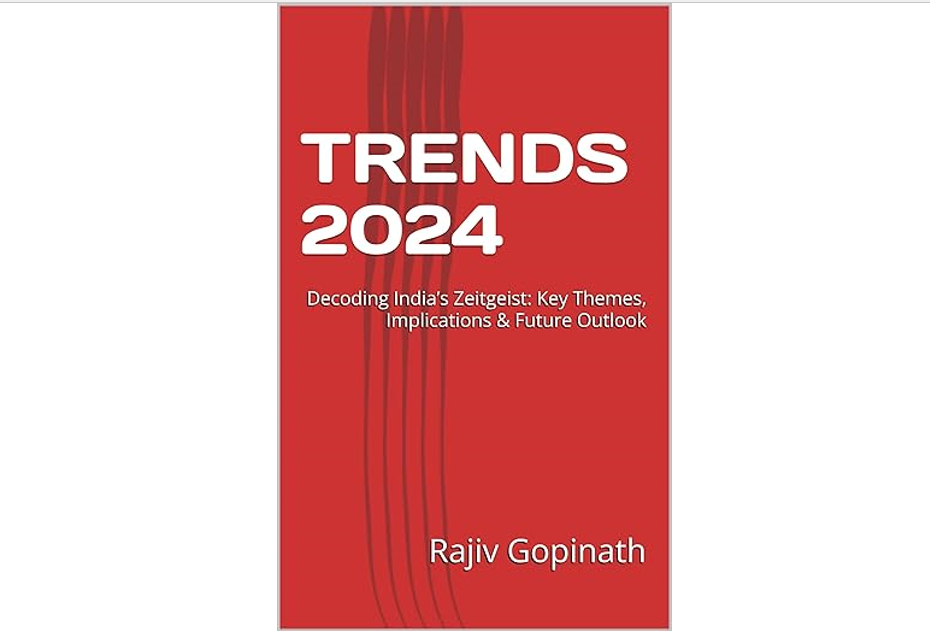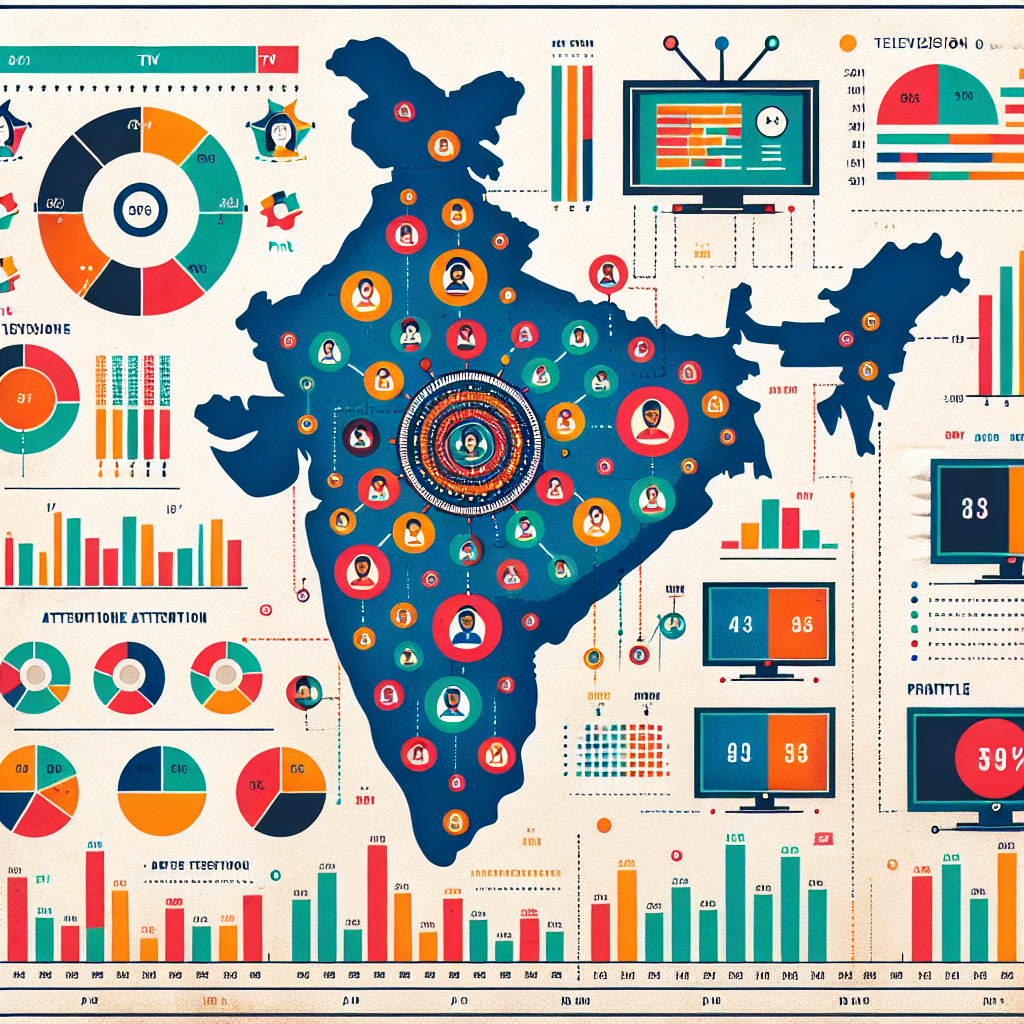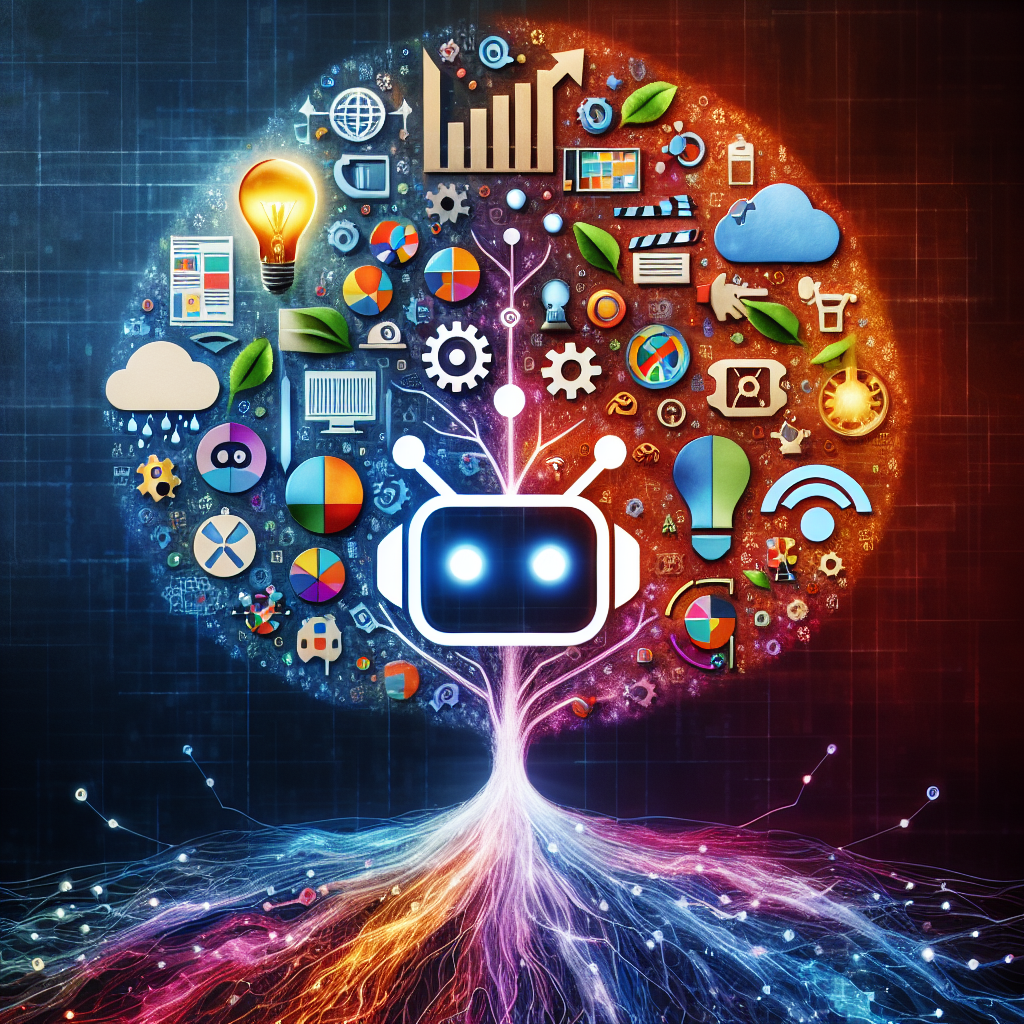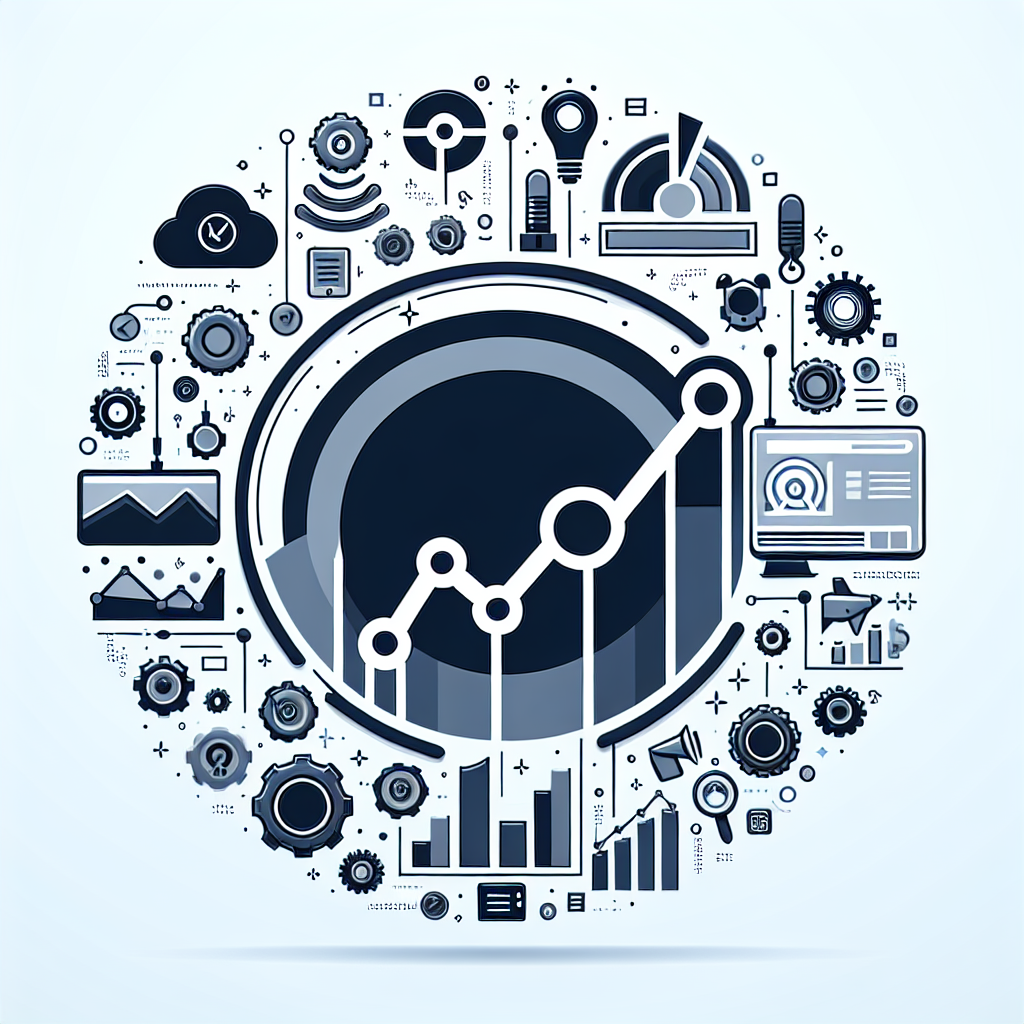The Role of AI in Creating Hyper-Personalized Brand Experiences in Entertainment
The revelation came to Luke during a late-night streaming session. After finishing a documentary on marine conservation, his recommendations transformed overnight. Suddenly, his homepage featured ocean-themed content, advertisements for sustainable products, and even music with subtle oceanic undertones. This wasn't mere algorithm-based content suggestion—it was an entire ecosystem shift tailored precisely to his newly expressed interest. The seamlessness of this transformation fascinated him. His digital entertainment environment had adapted so comprehensively that it felt less like targeted marketing and more like the platform had developed an intuitive understanding of his evolving preferences. This experience sparked his journey into understanding how artificial intelligence is fundamentally reshaping the relationship between brands, entertainment, and consumers in ways that transcend traditional personalization.
Introduction The Convergence of AI and Entertainment Marketing
The entertainment industry stands at the frontier of a profound transformation driven by artificial intelligence. What began as simple recommendation engines has evolved into sophisticated systems capable of creating individualized brand experiences that adapt in real-time to consumer preferences, emotional states, and contextual factors. This shift represents what marketing strategist Martin Lindstrom calls "the move from demographics to psychographics to momentographics"—where brands engage with consumers based not just on who they are but on their precise emotional and situational context at any given moment.
With global spending on AI in entertainment marketing projected to reach $12.4 billion by 2026 (McKinsey, 2024), the technology is fundamentally reshaping how entertainment brands conceive, deliver, and monetize experiences. This article examines the transformative role of AI in creating hyper-personalized brand experiences in entertainment, exploring key trends, strategic frameworks, and future directions in this rapidly evolving landscape.
1. From Mass Segmentation to Individual Journey Orchestration
Traditional entertainment marketing relied on demographic segmentation, categorizing audiences into broad groups based on age, location, and viewing habits. AI has fundamentally disrupted this approach through what Professor Bernd Schmitt of Columbia Business School calls "computational experience design"—the use of machine learning to orchestrate individually tailored brand journeys.
Netflix exemplifies this evolution, having progressed from simple genre-based recommendations to what Chief Product Officer Greg Peters describes as "context-aware content curation." Their AI system analyzes over 30 billion events daily, tracking not just what subscribers watch but viewing time of day, device used, and even pause patterns to deliver increasingly nuanced personalization.
The strategic framework underlying this approach is what Deloitte refers to as the "Segment of One Maturity Model," where brands progress through four stages of personalization sophistication:
- Rules-based personalization (if X, then Y)
- Machine learning optimization (pattern recognition)
- Predictive personalization (anticipating needs)
- Cognitive personalization (understanding context and emotion)
Research from MIT's Media Lab demonstrates that entertainment platforms operating at the cognitive level generate 3.4x higher engagement and 2.7x greater brand loyalty than those employing only predictive models.
2. Emotion AI and Affective Computing in Entertainment Experiences
The most sophisticated frontier in hyper-personalization involves what AI researcher Rosalind Picard terms "affective computing"—technology that can recognize, interpret, and respond to human emotions. Entertainment brands are increasingly deploying these capabilities to create emotionally resonant experiences.
Spotify's "Mood Detection Algorithm" analyzes listening patterns, time of day, weather data, and even typing speed on mobile devices to infer emotional states and deliver appropriate content. According to Spotify's research partnership with NYU's Music and Audio Research Laboratory, this approach has increased average session length by 27% compared to traditional genre-based recommendations.
Similarly, Disney's "Storyliving" initiative uses facial recognition and biometric feedback in their theme parks to adapt experiences in real-time based on detected emotional responses. Chief Experience Officer Josh D'Amaro describes this as "moving beyond personalization toward emotional synchronization"—where the environment itself responds to the emotional state of participants.
Professor Antonio Damasio's research on emotion and decision-making provides the theoretical foundation for these applications, demonstrating that emotional resonance creates 2.4x stronger memory encoding than cognitive engagement alone—explaining why emotionally-tuned AI drives significantly higher brand recall and loyalty.
3. Dynamic Content Generation and Adaptive Narratives
AI is revolutionizing entertainment by enabling what media theorist Janet Murray calls "procedural authorship"—the creation of content that dynamically adapts to individual users.
Warner Media's experimental "Responsive Cinema" platform, launched in 2023, uses natural language processing to analyze viewer reactions and dynamically adjust narrative pacing, musical scoring, and even plot elements. Early tests show a 41% increase in completion rates compared to static content.
In gaming, Electronic Arts' "Dynamic Difficulty Adjustment" system uses reinforcement learning to modify game challenges based on player skill, emotional state, and playing style. This technology has increased average player retention by 34% across their major franchises.
The emerging framework guiding this development is what Professor Henry Jenkins calls the "Adaptive Story Architecture Matrix," which balances predetermined narrative elements with AI-generated content to create experiences that feel both coherent and personally relevant.
4. First Party Data Activation Through Intelligent Ecosystems
As third-party cookies disappear, entertainment brands are building what Forrester Research calls "intelligent brand ecosystems"—interconnected experiences powered by consensual first-party data and processed through sophisticated AI systems.
Disney's cross-platform ecosystem exemplifies this approach, using what CEO Bob Chapek calls "audience graph technology" to create seamless personalization across streaming services, theme parks, merchandise, and experiences. Their interconnected data approach has reportedly increased per-customer revenue by 23% compared to siloed approaches.
Similarly, Amazon's entertainment division combines streaming behavior with purchase history and Alexa interactions to create what their Chief Marketing Officer calls "continuous personalization loops"—where each interaction enriches future experiences across their entire ecosystem.
This approach is guided by the "Consensual Data Value Exchange" framework developed by the World Economic Forum, which emphasizes transparent value delivery in exchange for personal data—a model that research shows increases data-sharing willingness by up to 74% when properly implemented.
Conclusion The Future of AI Driven Hyper Personalization
As we move forward, the convergence of generative AI, immersive technologies, and advanced emotional computing points toward what futurist Kevin Kelly calls "anticipatory entertainment"—experiences that not only respond to preferences but anticipate needs before consumers themselves are conscious of them.
The key challenge for entertainment brands will be balancing the tremendous power of hyper-personalization with growing concerns about digital well-being, privacy, and authentic human connection. Success will require what Harvard Business School Professor Shoshana Zuboff calls "humanistic AI design"—technology that enhances rather than exploits human experience.
Call to Action
For entertainment marketing professionals seeking competitive advantage in this rapidly evolving landscape, three priorities emerge. First, invest in ethical AI development that prioritizes transparent value exchange with consumers. Second, build cross-functional teams that combine data science expertise with creative and psychological insights. Finally, develop measurement frameworks that evaluate not just engagement metrics but meaningful experience quality. The entertainment brands that thrive will recognize that the ultimate goal of AI-driven personalization isn't simply to predict behavior but to enhance the human experience of entertainment itself. By focusing on this higher purpose, brands can transform artificial intelligence from a targeting tool into a genuine enhancement of the entertainment experience.
Featured Blogs

TRENDS 2024: Decoding India’s Zeitgeist: Key Themes, Implications & Future Outlook

How to better quantify attention in TV and Print in India

AI in media agencies: Transforming data into actionable insights for strategic growth

How the Attention Recession Is Changing Marketing

The New Luxury Why Consumers Now Value Scarcity Over Status

The Psychology Behind Buy Now Pay later

The Rise of Dark Social and Its Impact on Marketing Measurement

The Role of Dark Patterns in Digital Marketing and Ethical Concerns








